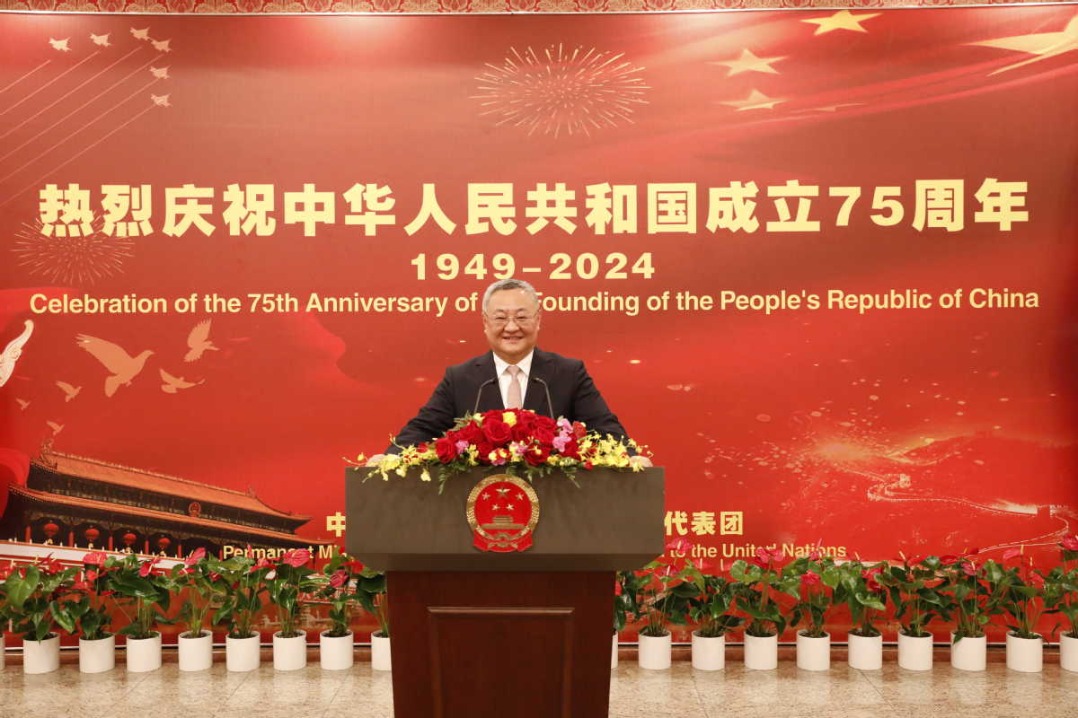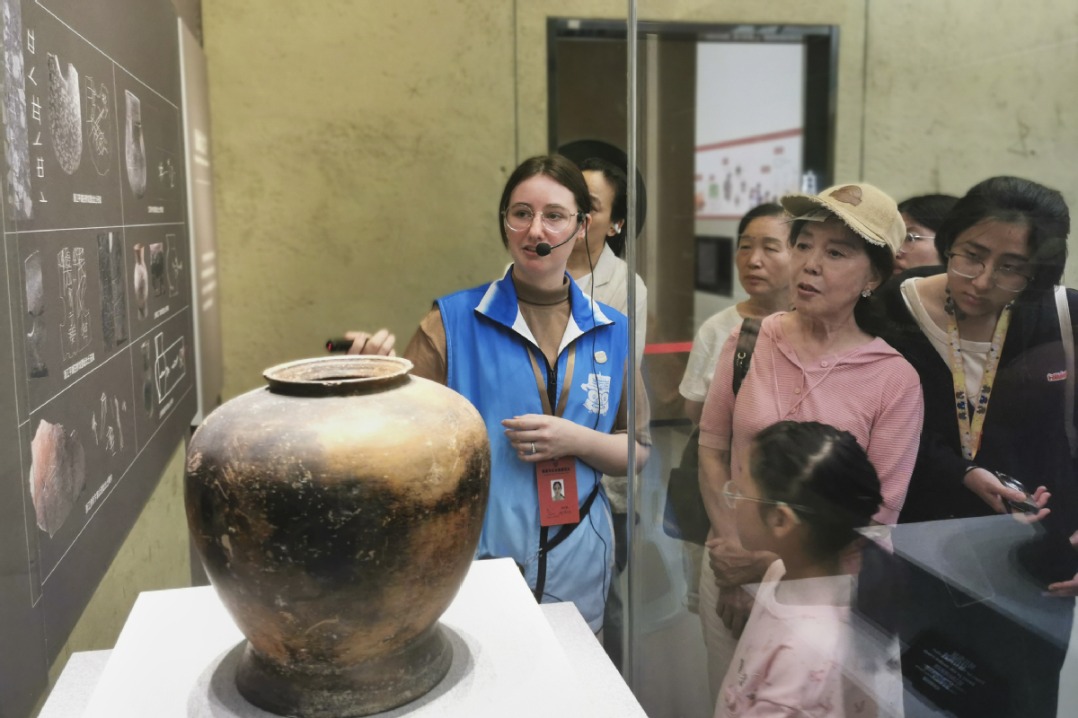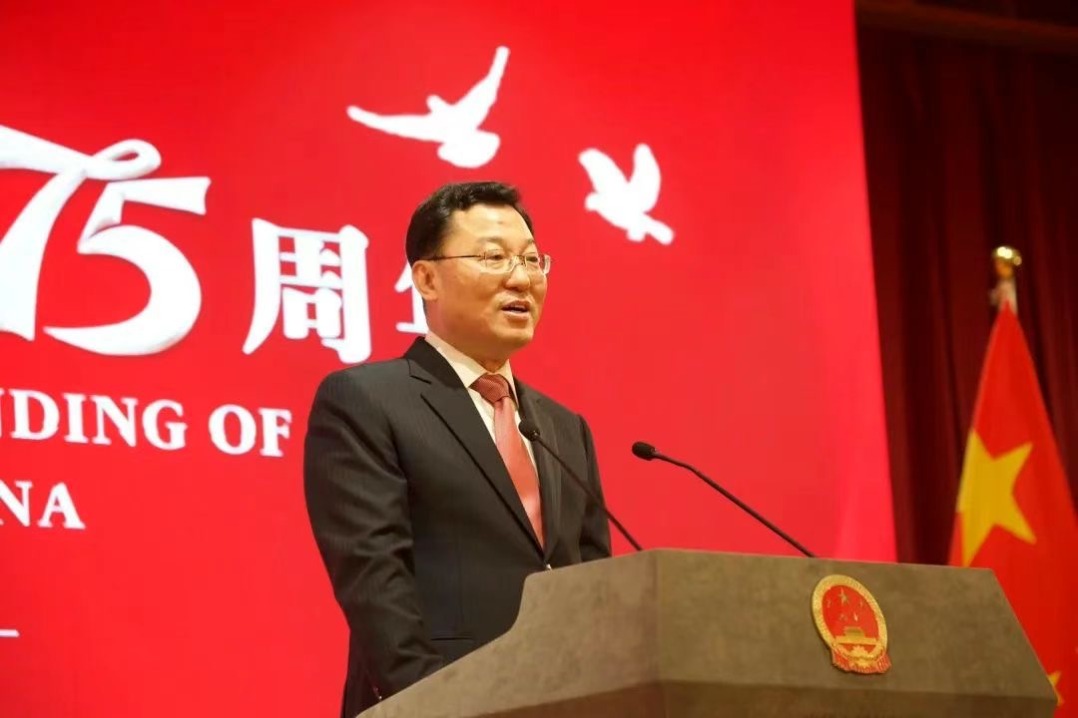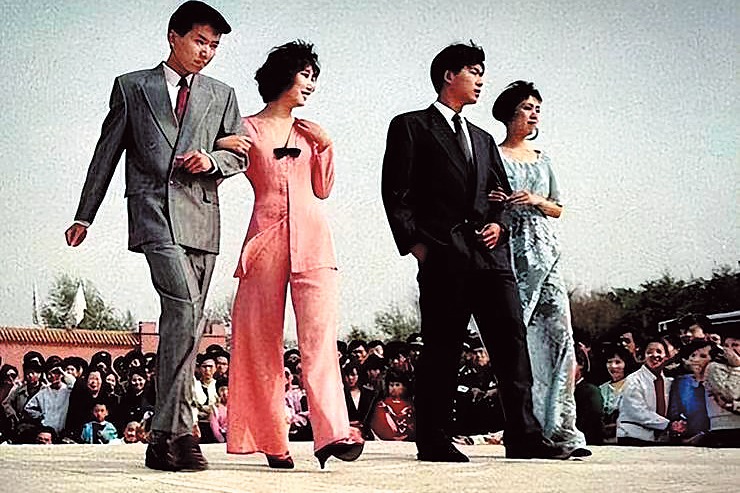Wanxiang's road to internationalization
By MINLU ZHANG in Detroit | chinadaily.com.cn | Updated: 2022-11-02 10:12

Few Chinese companies have been in the US as long as Wanxiang, more than 20 years. When Lu Guanqiu started with $600 to open a tractor-repair shop in East China's Zhejiang province, it was hard to imagine that this farmer's son would one day build a global company with more than 40 auto-manufacturing plants worldwide.
When Lu died in 2017 at the age of 72, he was worth an estimated $7.4 billion, and Wanxiang Group Co, the auto-parts company Lu built, has become a global company with $25 billion in revenue.
Lu also became the first Chinese to be inducted into the US Automotive Hall of Fame (AHF) — the top award in the automotive industry — on July 21. Previous honorees include Henry Ford, the founder of the Ford Motor Co;, Karl Benz, a German inventor and engineer; and Ferdinand Porsche, the founder of Porsche AG.
With international customers including Ford and General Motors, Wanxiang provides parts for 1 in every 2 vehicles made in the US, the company says. It has operations in 26 US states and employs more than 13,500 people.
Wanxiang's growth comes amid a wave of global expansion by Chinese companies. By the 1990s, Wanxiang America, based in Elgin, Illinois, was expanding rapidly by snapping up struggling auto firms in the American Rust Belt.
"Wanxiang's main contribution to the US local community is that we have restored many factories and we have saved many workers' jobs. At our peak, we had over 19,000 workers," Lu Guanqiu's son Lu Weiding, the current CEO of Wanxiang Group, told China Daily. "Of course, there are also taxes and other contributions to the US government."
In 2002, to prize Wanxiang's contributions in the local economy, the state of Illinois proclaimed Aug 12 "Wanxiang Day".
From the farm to the boardroom, Lu's life journey is now being repeated for many other Chinese entrepreneurs. Like Wanxiang, many Chinese companies are expanding their business in the United States today.
As of March 31, 2022, there were 261 Chinese companies listed on major US stock exchanges, with a total market capitalization of $1.3 trillion, according to data from US-China economic and security review commission.
However, with the ongoing political tension between China and the US, Chinese companies in the US today are facing more challenges amid a complex and changing environment.
China General Chamber of Commerce-USA(CGCC), a nonprofit chamber of commerce representing Chinese businesses in the US, in June released its annual business survey report shows that surveyed Chinese companies saw decreased optimism about their opportunities in the US.
The "Annual Business Survey Report on Chinese Enterprises in the US" found that three-quarters of surveyed Chinese companies see "US-China bilateral relations at a stalemate" as the biggest challenges for them to conduct business in the US.
Only 10 percent of respondents see bilateral relations improving in the upcoming year, the lowest since 2018.
The survey, conducted through March and April 2022 of 111 Chinese corporations in the US, found that about half, or 49 percent of the companies, forecast an increase of revenue over the next two years. And 27 percent of respondents expect more business investments will be made in 2022.
"Our business community have a lot of expectations for the cooperation between China and the United States. Because the better the relationship between the two countries, the better the development of the world and the enterprises of the two countries will be," Lu Weiding said.
The survey also noticed that Chinese companies in the US are taking actions on societal issues to raise brand awareness and earn market trust, and more than half of the companies are addressing climate issues.
Today, Wanxiang is also one of the companies taking action in tackling climate change and committing to sustainable and clean energy development.
In 2013, Wanxiang acquired an ailing auto-battery maker, A123 Systems Inc. A year later, the company purchased a failed US electric-car startup, Fisker Automotive Inc, which later transformed into Karma Automotive, a luxury electricity vehicles producer.
Lu Weiding sees the possibility of commercial cooperation between China and the US in terms of sustainable energy development.
"In the field of automobiles, especially in the field of clean energy automobiles, I personally think clean energy is a very important connection point for China and the US. I feel it is lucky that the two countries have a lot in common in this regard," Lu Weiding said.
"Both countries are advancing clean energy, and both countries are interacting with each other on this field," he added.
























